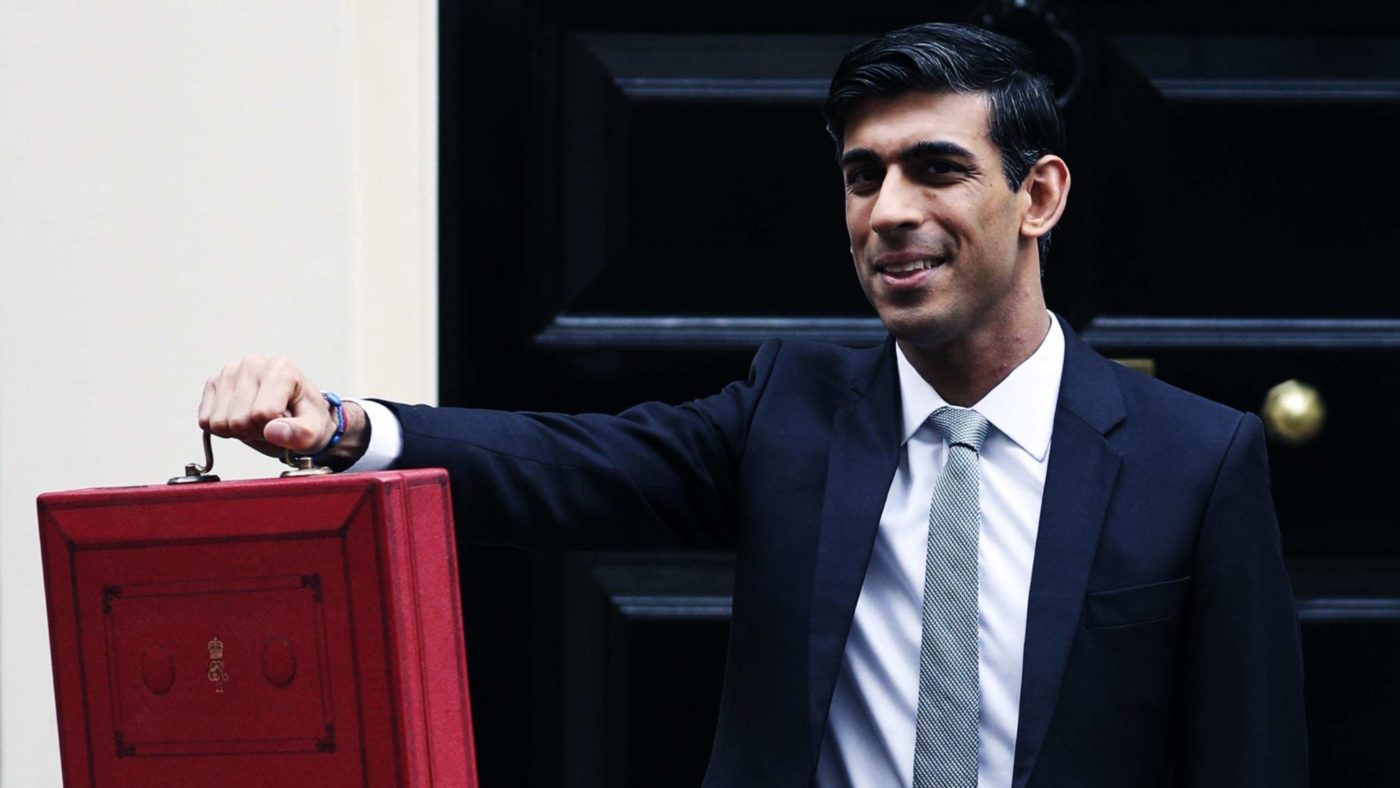Rishi Sunak is having a relatively good crisis. The Chancellor and his team certainly deserve plenty of credit for the way the Treasury has shielded the large majority of businesses and jobs during an unprecedented slump in economic activity. But this task has been made easier by the broad consensus on the appropriate policies and by the seemingly unlimited amounts of public money that the Government has been willing to spend. Now, the context is changing.
In particular, the focus of economic policy is shifting towards supporting the recovery as the lockdown is lifted. This is likely to open up tensions between those who think the best way to revive the economy is for the Government to spend and borrow even more – which seems to be the political instinct of some at No.10 – and the Treasury’s traditional caution.
We appear to be getting a taste of this already. Treasury sources are said to be downplaying expectations of an emergency Budget in July. It does indeed make sense to hold off from making any major fiscal decisions as soon as next month. There would be little point in trying to boost demand when the UK economy is still in partial lockdown. But it should also be clear by the autumn that a big stimulus package is not needed anyway.
In the meantime, plenty of ideas are being floated – some better than others. The best, of course, are those that won’t add to the mountain of public borrowing and instead would actually reduce state intervention.
Good examples include proposals to liberalise Sunday trading laws and fast-track the approval of outdoor eating and drinking areas for pubs and restaurants. In normal times, the main constraint on consumer spending is income, and neither longer opening hours nor bigger spaces would make much difference to demand. However, the requirements of social distancing and the need to make customers feel safer are game-changers here.
Even more encouragingly, there are reports of serious discussions at last about the liberalisation of planning rules which should help to accelerate housebuilding and the redevelopment of the High Street. But it remains to be seen whether the Government will be confident enough to consider some of the more radical proposals summarised in an IEA briefing paper last year, including a more sensible approach to the ‘green belt’.
There also some things that the Government might do to kickstart the recovery by encouraging people to bring forward spending that they might otherwise have delayed until next year. Ideas here include temporary cuts in sales taxes, such as VAT or stamp duty on houses, or temporary subsidy schemes, such as contributions towards the cost of scrapping an old car and replacing it with a new one (‘cash for clunkers’).
Of these, cutting stamp duty would probably be my top pick. However, these sorts of measures usually involve large deadweight costs and mostly help better-off households who are more likely to be big spenders. In addition, if consumers are still worried about their health, or their jobs, a small price incentive could be less effective than usual in stimulating demand.
Better ideas might be a holiday for employer National Insurance Contributions, which is effectively a tax on jobs, and a rethink of the plans for large increases in statutory minimum wages. The surge in unemployment means that now should be the time to focus on lowering the burdens on employers, not adding to their costs.
In the meantime, though, the Chancellor was right to confirm that the job retention scheme will be scaled back from August and then end in October, despite fears that the withdrawal of support could prompt a further wave of redundancies. By then, it is reasonable to expect the lockdown to have been lifted and the economy to be well on the road to recovery.
The bigger decisions on tax and spending can wait. There may a case for bringing forward some infrastructure spending, as long as the projects chosen already made sense in their own right rather than as ‘job creation’ schemes. This might also be a good time to increase investment in skills training specifically to tackle the problem of ‘frictional’ unemployment, helping people to retrain for new jobs.
However, the emphasis should be on measures that help the supply side. The gradual easing of the lockdown and a rebound in consumer and business confidence should already be enough to boost demand, without the need for the Chancellor to do much more. If anything, now is the time for the Government to make the bold decision to do less.
Click here to subscribe to our daily briefing – the best pieces from CapX and across the web.
CapX depends on the generosity of its readers. If you value what we do, please consider making a donation.


